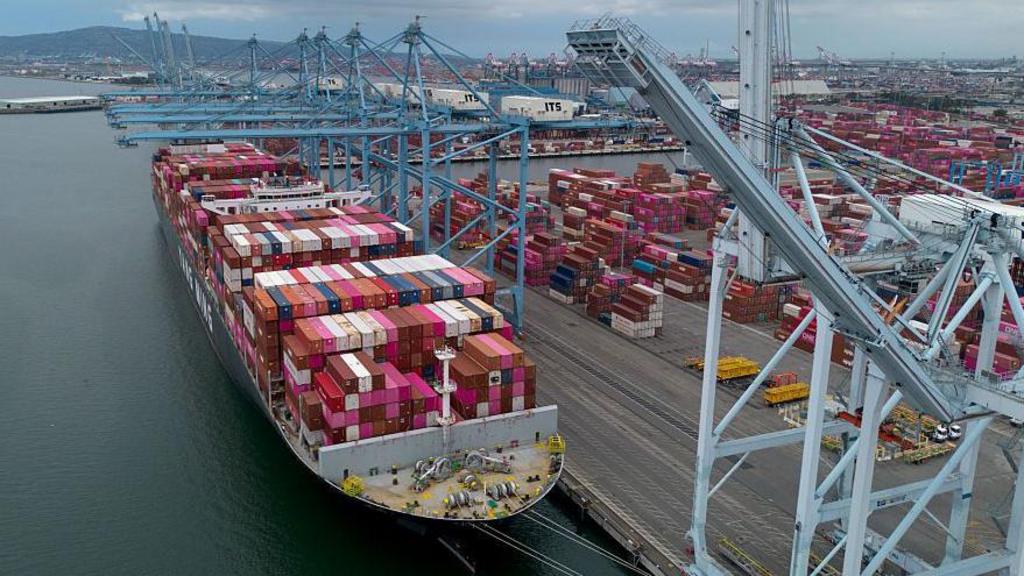High-level US-China trade talks commenced in London, aiming to de-escalate the ongoing trade war between the world’s two largest economies. The discussions, held at Lancaster House, involved a senior US delegation, including Commerce Secretary, and Chinese representatives led by Vice Premier He Lifeng.
Key agenda items include Chinese rare earth exports—critical for advanced technologies—and reciprocal access to US goods, particularly computer chips. This follows a temporary truce agreed last month, subsequently challenged by both sides for alleged breaches of the agreement.
The negotiations were preceded by a phone call between Presidents Trump and Xi, described by President Trump as “very good,” and resulting in a “positive conclusion” for both countries, according to Trump. Xi reportedly urged the US to retract its “negative measures” against China.
While the Geneva talks reduced tariffs, unresolved issues remain, notably concerning China’s dominance in rare earth mineral exports, essential for various industries, and US restrictions on Chinese access to semiconductors and AI-related technologies.
The participation of Commerce Secretary is considered significant, given his role in implementing strict technology export controls. Swetha Ramachandran, an Artemis fund manager, highlighted the importance of rare earths, with China controlling 69% of global production, suggesting a potential path towards mutually beneficial outcomes.
In addition to the Commerce Secretary, US Treasury Secretary and Trade Representative are participating in the London meetings. The trade war, initiated by Trump’s tariffs on various imports, with China bearing the brunt, escalated into tit-for-tat tariff increases, peaking at 145%.
May’s talks in Switzerland yielded a temporary truce, reducing US tariffs on Chinese goods to 30%, and Chinese levies on US imports to 10%, with promises to lift barriers on critical minerals. However, both sides have since accused each other of violating non-tariff pledges.
The US alleges China’s failure to fully relax rare earth magnet export restrictions, while China cites US actions such as restrictions on chip design software sales to Chinese companies, warnings against using Huawei chips, and visa cancellations for Chinese students. While China announced approving some rare earth export licenses, details remain scarce.
Despite President Trump’s assertion that Xi agreed to restart rare earth material trade, White House National Economic Council Director Kevin Hassett noted that the export rate, while increased, hasn’t reached the level agreed upon in Geneva. Prior to the US talks, Vice Premier He met with UK Chancellor Rachel Reeves, emphasizing continued economic and financial cooperation between China and the UK.
China’s plans to build a new embassy near the City of London’s financial district have reportedly raised US concerns due to its proximity to sensitive infrastructure. Meanwhile, the UK is negotiating a US tariff agreement, with a July 9th deadline to avoid higher taxes on British steel exports.
Economists warn that Trump’s trade policies negatively impact global economic growth. The OECD lowered its global growth forecast to 2.9% from 3.1%, citing increased trade barriers. Recent data from Beijing revealed lower-than-expected Chinese exports (a 4.8% increase) and a significant drop in imports (-3.4%), worse than predicted.

